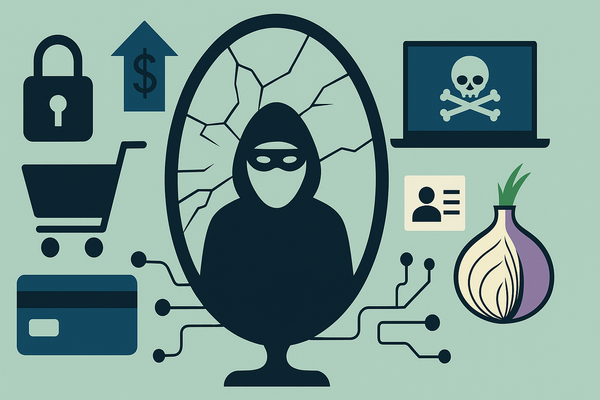Russia analyzes Fake News Bill to allegedly stop proliferation of deceitful content

The deliberate spread of false information through websites and social media, also known as fake news campaigns, has increased in the past two years, especially concerning politics.
Out of the blue, the Russian government is considering legislation that would hold websites and social media networks, specifically, accountable for the content posted on their platforms, and legally force them to delete fake news and false user comments, writes the New York Times.
Do they have the citizens” best interest at heart and are genuinely interested in stopping the proliferation of fake propaganda? That”s debatable, since Russia is not exactly known for its democratic principles and has been directly associated with false news articles spread during the US presidential election of 2016, among many others. If that”s not enough, many sites responsible for spreading fake news are based in Russia.
The State Duma, the lower house of parliament, is for now only analyzing the bill, which was submitted by United Russia, the country”s governing party. In its current form, it addresses sites with more than 100,000 daily visitors and comment sections, which have to be monitored 24/7. Unless fake news and comments are deleted within 24 hours, the website administrators face a fine of up to $800,000.
Anti-censorship activists such as Artem Kozlyuk, founder of anti-censorship site Roskomsvoboda, warn that the Fake News Bill is in fact an “expansion of the government’s powers and censorship” because it will leave room for content interpretation. Russian digital law is already pretty strict, with users who post pro-gay or “extremist” content facing both prison and fines.
tags
Author
After having addressed topics such as NFC, startups, and tech innovation, she has now shifted focus to internet security, with a keen interest in smart homes and IoT threats.
View all postsRight now Top posts
Cybercriminals Use Fake Leonardo DiCaprio Film Torrent to Spread Agent Tesla Malware
December 11, 2025
Genshin Impact Scam Alert: The Most Common Tricks Used Against Players
December 05, 2025
FOLLOW US ON SOCIAL MEDIA
You might also like
Bookmarks








